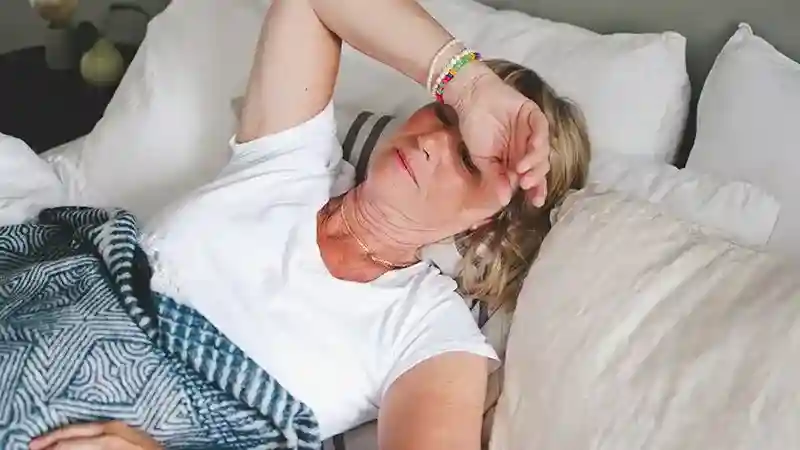Researchers have published a new study about the long-haul effects or symptoms that COVID-19 survivors may experience. According to the study, more than one in every three COVID-19 patients become “long-haulers.”
What Is Long COVID-19?
According to experts, long-COVID refers to a variety of symptoms affecting different organs reported by people following the novel coronavirus infection.
The Study
The research was done by American and British researchers based on linked electronic health records (EHRs) data from 81 million patients including 273,618 American COVID-19 survivors. They found that 37 percent of those COVID-19 survivors experiencing at least one symptom between three to six months after being initially diagnosed.
Dr. Neil Roy, chairman of Sinai Hospital’s Department of Emergency Medicine, shared: “A big thing is the understanding that ‘COVID long haul’ means you may have residual symptoms for a long time after your initial infection.”
Top 4 Long COVID-19 Symptoms
The researchers concluded the top four symptoms for long-haulers. The top symptom is anxiety or depression with 15.49 percent; abdominal symptoms with 8.29 percent; abnormal breathing with 7.94 percent; and fatigue with 5.87 percent. These symptoms are more common among those hospitalized with severe illnesses and slightly more common in women and young adults.
Dr. Suzanne Rybczynski, associate chief medical officer at the Kennedy Krieger Institute, said, “So, they are respiratory, physical things, but there’s also brain-related things that are probably because the virus comes in and attacks through the nose, and the nose is part of the brain, really. So, it’s not surprising that a lot of cognitive attention, anxiety, depression symptoms follow that.”

A Survivor’s Story
One of the survivors of COVID-19 is Chloe Devore. She said that she experienced symptoms months after being initially infected, and it is only now that she is feeling better. She noted, “I don’t want anybody else to have to go through this.”
Devore had to enroll in Kennedy Krieger Institute’s pediatric post-COVID-19 rehabilitation clinic earlier this year to feel better. She then worked with many specialists, such as a therapist, to help improve her mood.
COVID-19 has so far infected 44,199,496 people and claimed 713,953 lives in the United States, according to worldometer data. Globally, 234,115,587 people have been infected and 4,788,923 people have died since the beginning of the pandemic.
Earlier this week, Dr. Anthony Fauci, the nation’s top infectious disease expert, said the country would “hopefully” begin vaccinating children as young as 5 by the end of October, in efforts to contain the COVID-19 pandemic.
Fauci’s comments came Tuesday following Pfizer and BioNTech’s submission of data to the Food and Drug Administration showing their coronavirus inoculation was safe and effective in kids ages 5 to 11. The drugmakers plan to apply for FDA emergency use authorization in the coming weeks.

